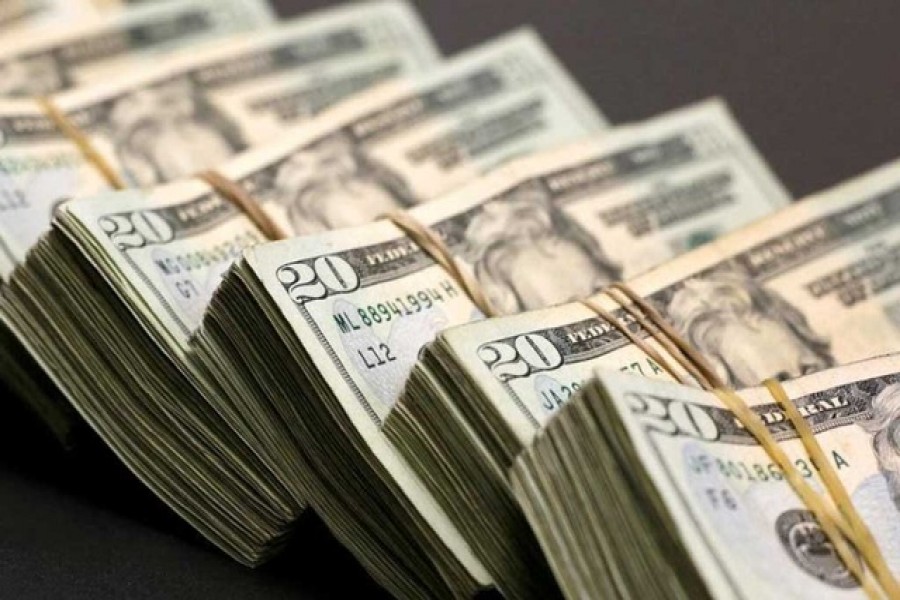With the economy back to normal amid a rapid fall in COVID-19 cases, foreign direct investment or FDI in Bangladesh has increased almost to the pre-pandemic level, according to the United Nations Conference on Trade and Development, bdnews24.com reports.
Inflows rose by 13 per cent to $2.9 billion in Bangladesh last year, the UN agency said in its World Investment Report 2022.
The number of international project finance deals tripled to 14, reaching $4.7 billion, according to the report, published on Thursday. The largest project was the construction of a container terminal in Ananda Bazar for $2 billion.
UNCTAD said FDI in the Least Developed Countries increased by 13 per cent to $26 billion, despite the acceleration of funds repatriation by oil companies, which resulted in negative inflows to Angola of $4.1 billion from $1.9 billion in 2020.
Flows remained concentrated, with Bangladesh among the top five recipients, who accounted for 69 per cent of total FDI in the group.
In the nine Asian LDCs, FDI inflows rose by 6 per cent to $9.8 billion, or one-third of the LDC total. In Cambodia, the largest LDC recipient, FDI was down by 4 per cent, at $3.5 billion.
UNCTAD mentioned Bangladesh Dual-Gauge Railway Line Project as an example of investment projects relevant to the UN’s Sustainable Development Goals. The build-own-operate project comprises the construction of an 80-km mass transit system, with Bangladesh Railway and Rites Ltd as sponsors.
Bangladesh is among the 35 economies and country groupings monitored by UNCTAD for developments in sustainable finance measures and regulations. According to the UNCTAD sustainable finance regulation database, by the end of 2021, these economies had 316 sustainable finance-dedicated policy measures and regulations in force. Over 40 per cent of these measures were introduced in the last five years, and 41 new measures were adopted in 2021 alone. At least 45 more measures are under development. These trends illustrate the accelerating pace of growth in sustainable finance policymaking.
In 2021, ASEAN, China, Japan and Malaysia launched or revised their sustainable finance taxonomies on sustainable finance. Bangladesh is among the countries that are in the process of developing one.
Most of the taxonomies in use, and under development, are dedicated to climate transition and environmental protection. However, a few countries have started to incorporate social development into their taxonomies.
The Bangladesh taxonomy pursues both climate and social development objectives, and covers cottage, micro and SME development and socially responsible investment.
Emerging economies are also putting in place sector-specific measures to leverage the potential of financial institutions to finance sustainable development.
Bangladesh, China, Colombia, Nigeria and Turkey have developed guidelines for sustainable banking with the aim of directing more investment into key sustainable development areas, including SME development, job creation, social infrastructure and agriculture.


